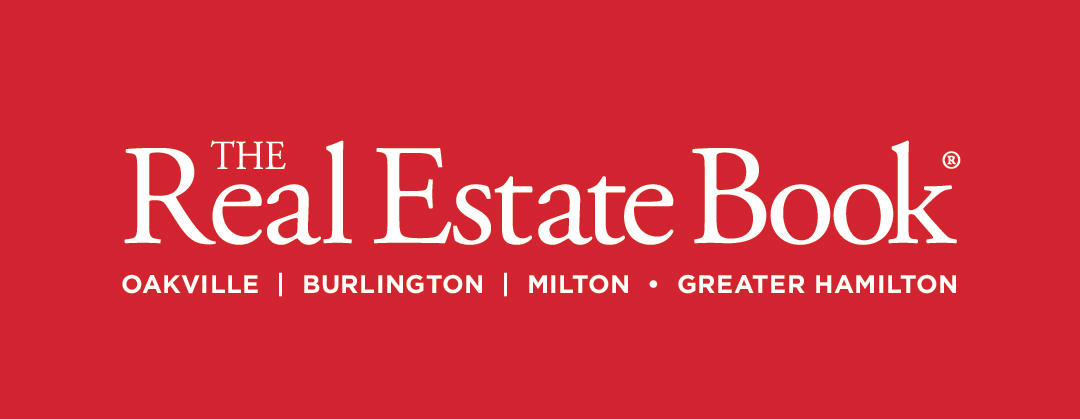PURCHASING A COTTAGE OR VACATION HOME CAN BE AN EXCITING VENTURE, OFFERING A PERFECT GETAWAY FROM THE HUSTLE AND BUSTLE OF CITY LIFE. HOWEVER, IT’S ESSENTIAL TO APPROACH THIS PURCHASE WITH CAREFUL CONSIDERATION AND THOROUGH PLANNING.
HERE ARE SEVEN KEY THINGS TO KNOW BEFORE DIVING INTO CANADA’S COTTAGE OR VACATION HOME MARKET.
UNDERSTANDING THE MARKET
The cottage market can differ significantly from the urban housing market. Location, accessibility, and seasonal demand can influence property prices. Researching the market trends in the specific area you’re interested in is crucial. Pay attention to historical data on property values and consider working with a local real estate agent specializing in cottage properties.
FINANCING YOUR PURCHASE
Securing financing for a vacation home can be more complex than a primary residence. Lenders may require a larger down payment, often around 20-35%, and the interest rates might be slightly higher. Ensure you have a solid financial plan and get pre-approved for a mortgage to streamline the buying process. Consulting with a mortgage broker can help you find the best financing options.
SEASONAL ACCESS AND MAINTENANCE
Many cottages are located in areas with seasonal access, which can impact your ability to visit year-round. Consider how this will affect your usage and maintenance of the property. Some cottages may require specific preparations for winter, such as shutting off water supplies and protecting against harsh weather conditions. Ensure you budget for ongoing maintenance costs and potential seasonal expenses.
ZONING AND REGULATIONS
Each municipality has different zoning bylaws and regulations that can affect your use of the property. Some areas may have restrictions on rental income, building renovations, or the addition of structures such as docks or boathouses. Understanding these regulations before purchasing is essential to avoid surprises and ensure your plans align with local rules.
INSURANCE CONSIDERATIONS
Insuring a vacation home can be more challenging and costly than insuring a primary residence. Cottages are often in remote locations, increasing the risk of damage from natural disasters or delayed emergency response times. Work with an insurance broker to find comprehensive coverage that addresses these unique risks and provides peace of mind.
RENTAL INCOME POTENTIAL
If you plan to rent out your vacation home to offset costs, investigate the rental market in the area. Understand the demand for short-term rentals and the potential income you could generate. Be aware of any municipal regulations regarding short-term rentals and factor in the costs associated with marketing, managing, and maintaining the property for guests.
LONG-TERM INVESTMENT
Consider the cottage or vacation home’s long-term investment potential. While these properties can provide personal enjoyment and potential rental income, they may not appreciate at the same rate as urban properties. Evaluate the property’s long-term value based on its location, condition, and market trends to ensure it aligns with your financial goals.
FINAL THOUGHTS
Purchasing a cottage or vacation home is a significant decision that requires careful consideration and planning. By understanding the market, securing appropriate financing, and considering factors like seasonal access, zoning regulations, insurance, and rental Income potential, you can make an informed choice that provides both personal enjoyment and financial stability. Consulting with real estate agents, mortgage brokers, and insurance specialists can provide valuable insights and guidance throughout the process.



